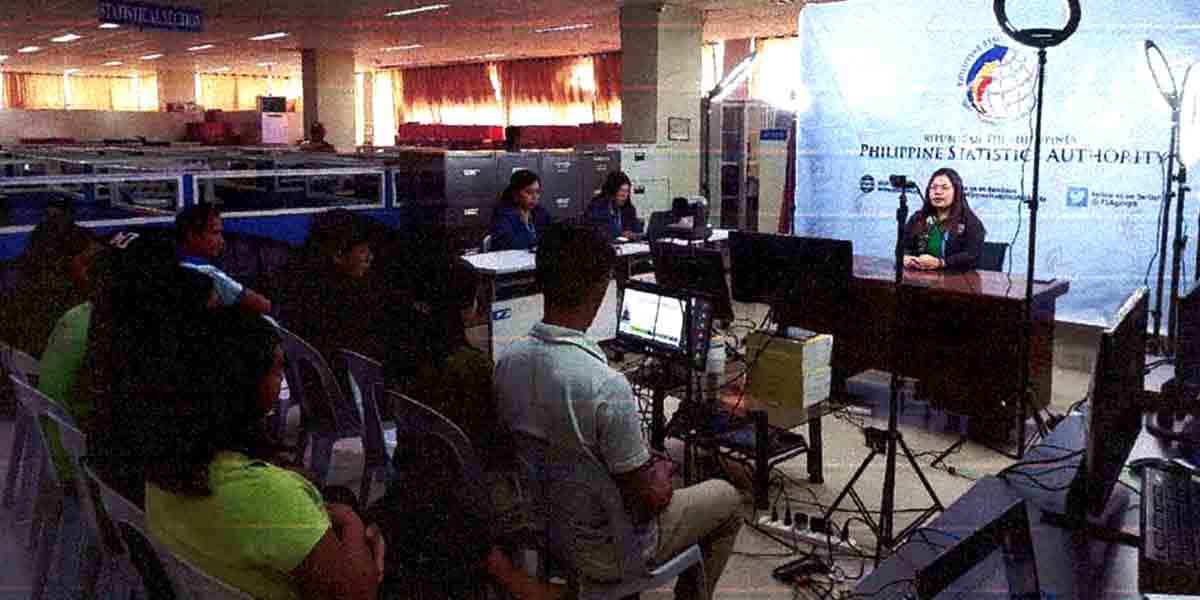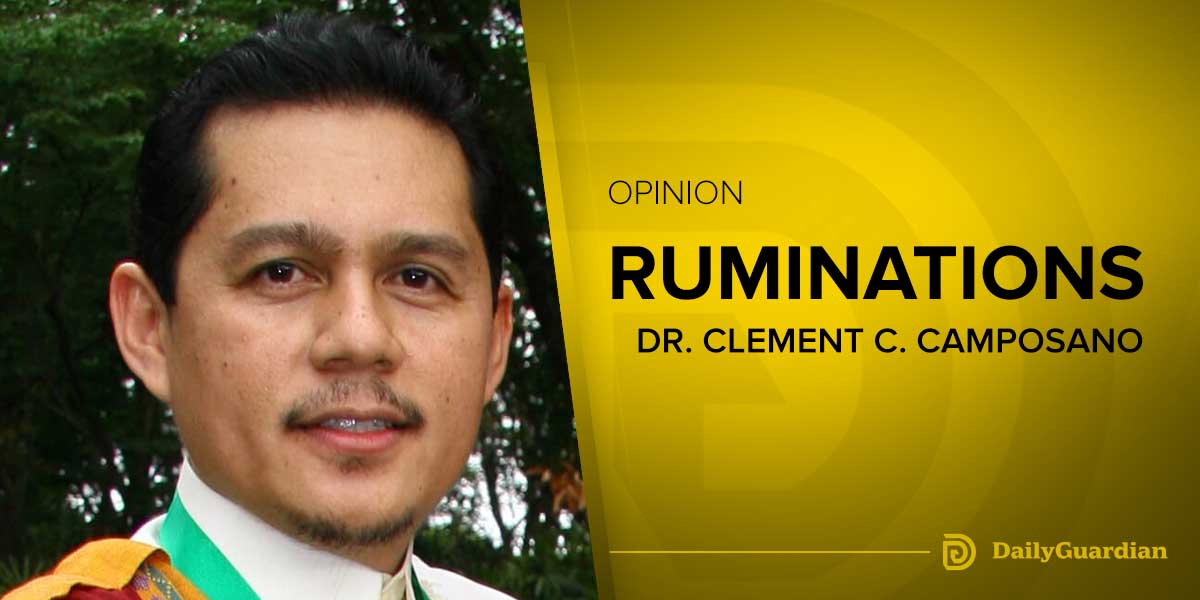By Artchil B. Fernandez
Eleven days from now, Du30 will step down from the presidency. His office organized a two-day forum on his legacy. Such an event indicates insecurity. If Du30 is so secure of his legacy, he does not need the activity.
Du30 is the first illiberal president of the country in the post-EDSA era. His illiberal project gained traction due to the failed expectations from the EDSA people power revolt. The legacy of Du30 should be measured in terms of his illiberal design.
Failure of liberal democracy to deliver made Du30’s illiberal scheme palatable to the public. He won by promising to deliver what liberal democracy did not. His legacy, therefore, rested on fulfilling those promises.
“In three to six months,” Du30 vowed to Filipinos while campaigning for the highest post, “I will clean up the Philippines.” He promised to eradicate illegal drugs, end corruption, and fix the broken and inefficient bureaucracy, among other swift actions. Longing for quick action on social problems besetting the nation, Filipinos, enough in numbers handed the presidency to Du30.
Six years later, the same problems that Du30 promised to eliminate not only remained but had in fact flourished under his rule. 6,235 (official figure as of February 2022) deaths later illegal drugs continue to wreak havoc on Philippine society. Corruption is not only alive but has even thrived under Du30’s rule. The bureaucracy is still inefficient and inept. At the end of his term, Du30 was forced to admit that he did deliver on his core promises. “I underestimated the problems,” was his lame excuse.
Beyond broken promises, one illiberal legacy of Du30 that stands out is the destruction of the rule of law and the obliteration of due process of law. His war on illegal drugs is the ultimate manifestation of this illiberal legacy.
The “drugs war” of Du30 was brutal, bloody, ruthless, and heartless. It is anchored on a “kill, kill, kill” policy. Du30 fanatically believes that slaughtering people whom he views as menaces to society like the drug addicts/pushers solves the problem of illegal drugs.
Immediately upon assuming office Du30 launched his violent “drugs war” with thousands of suspected drug addicts/pushers viciously killed. The people slain in the war were suspects and their guilt had not been established. Du30 inverted the time-tested principle that “people are innocent until proven guilty.” The victims of the gory war were presumed guilty until proven innocent. They were vilified as lower than animals, hence in the view of Du30 deserve to be butchered. Human rights groups estimated that as high as 27,000 were killed in Du30’s savage “drugs war.”
Killing was normalized and the murder of people by vigilantes, riding in tandem hired killers or the police became a regular occurrence under the Du30 regime. Du30 is forever known as the president who is the father of the culture of killing.
The case of Sen. Leila de Lima is not only another sterling example of the death of the rule of law but a classic case of how it is weaponized for political vendetta and to satisfy personal pique. The senator was imprisoned by Du30 on fake charges of being involved in illegal drugs.
Almost six years have passed since the case was filed yet it has not gone beyond the preliminary stage. With Du30 stepping down from power, key witnesses against Sen. De Lima have belatedly retracted their testimonies, all of them saying they were forced to accuse the lady senator. It is now clear she is a victim of a frame-up, and her case is the gravest testament to the bastardization of the justice system by Du30.
The weakening of the democratic institutions is another illiberal legacy of Du30. The principle of check and balance is sacrosanct in a democracy. Under Du30, there is no check and balance. Co-equal branches of government, the legislature and the judiciary were cowed and successfully intimidated by the executive.
Congress is for Du30 to command. Most of the legislators were subservient to Du30, handing him almost everything he wanted. It was only during the election period, early last year when the Senate pretended to behave as an independent body. At the height of Du30’s rule, the Senate, as well as the Lower House, says amen to every wish of Du30. Boot-licking became a nasty habit of legislators.
The judiciary is in a much rotten state under Du30’s illiberal rule. With almost all justices in the Supreme Court appointees of Du30, the High Court became a stamping pad, blindly giving legal imprimatur to his actions. Not since the Marcos dictatorship has the country had a castrated Supreme Court. Before Du30, justices in the High Tribunal take an independent stance from the appointing authority in the post-EDSA era.
Under Du30, the justices are worse than the members of Congress in their subservience to the executive. Instead of upholding the rule of law, the Supreme Court became Du30’s partner-in-crime, his accessory to its murder.
Illiberal rule of Du30 shows the evolution of autocratic rule. In the old autocracy, tyrants shut down other branches of government and ruled alone. Under the new autocracy, formal democratic institutions are retained or preserved to give a semblance of democracy. Democratic institutions are instead captured, controlled, or intimidated and are co-opted by the despot to give legal veneer to authoritarian rule. The decay of democratic institutions is perhaps one if not the biggest illiberal legacy of Du30.
Before Du30 came to power, democracy in the country is already fragile. Democracy under Du30 is expiring if it has not yet expired. Incalculable and monumental damage to the rule of law and democracy are the illiberal legacy of Du30 from which the country may not recover.




















